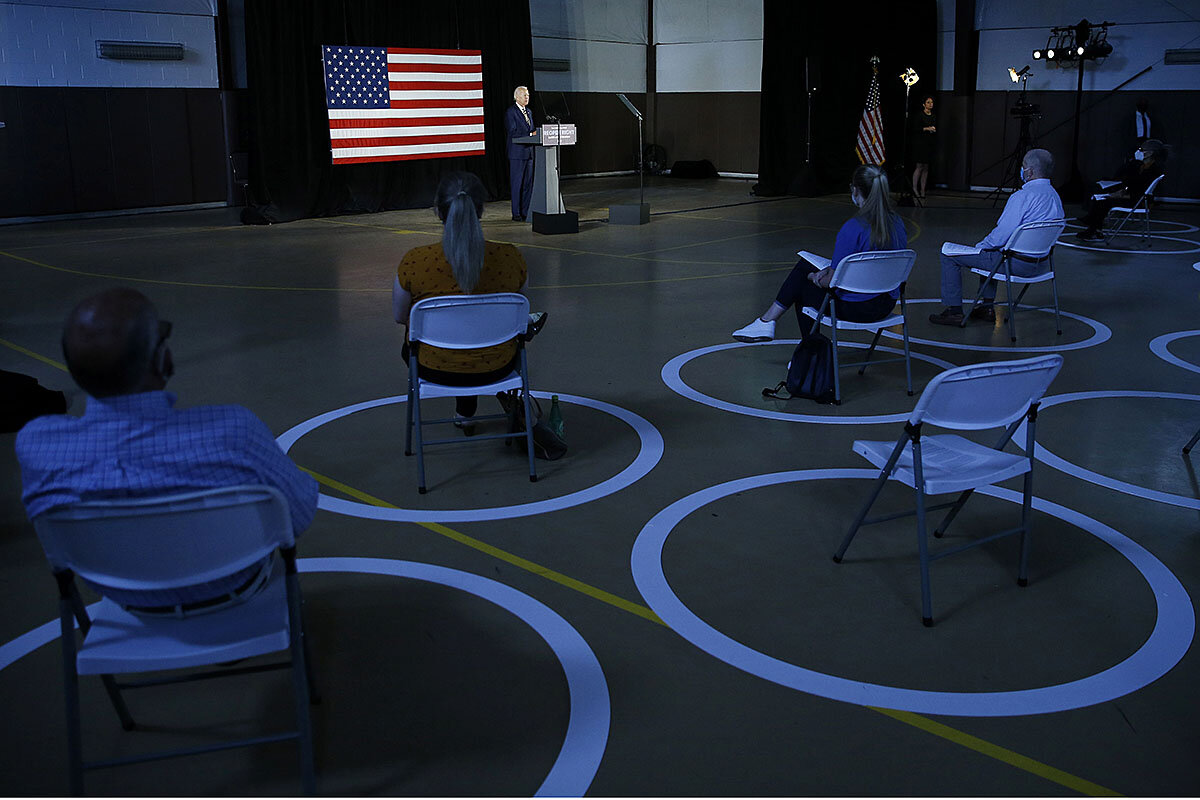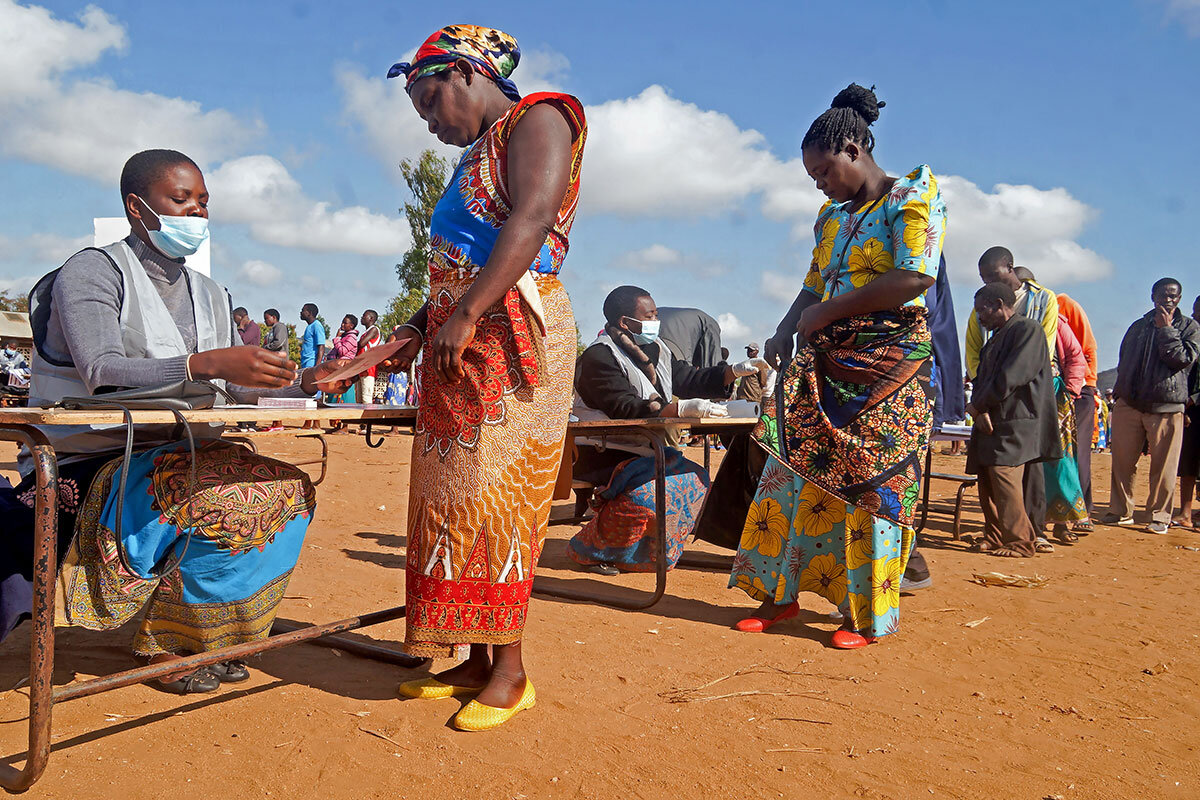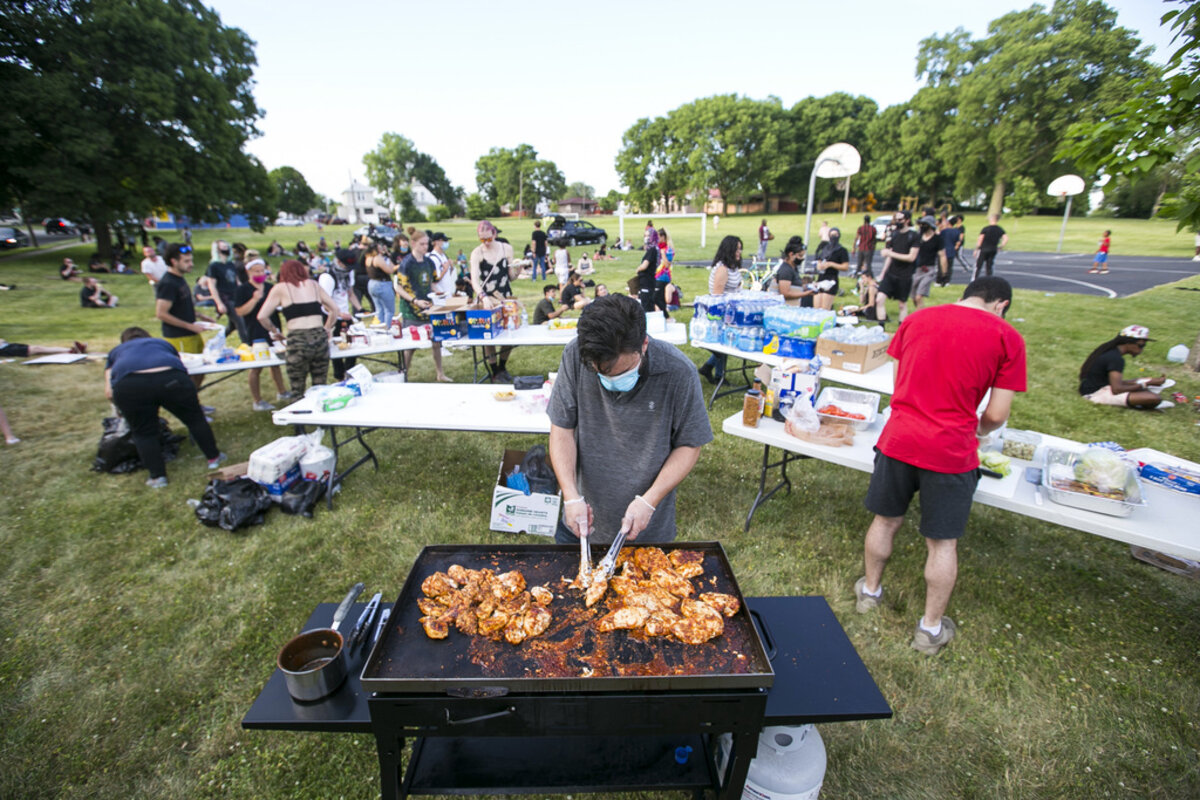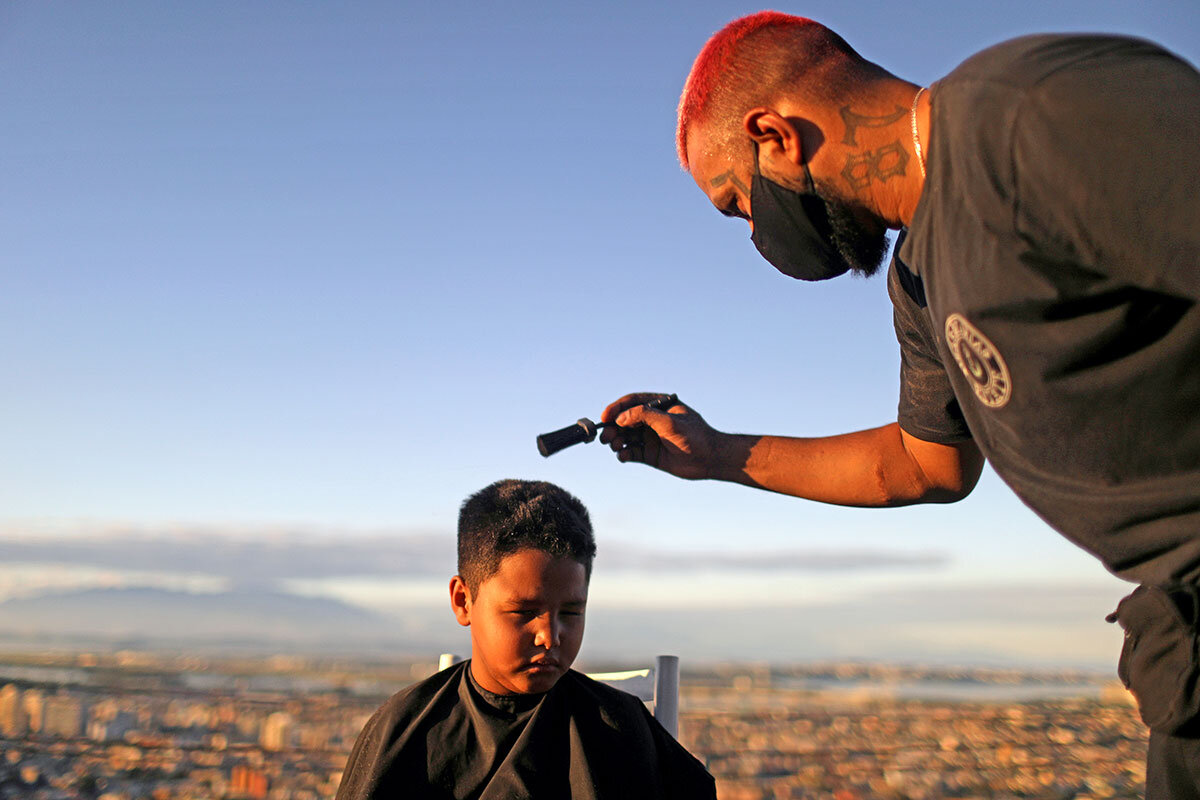Over the past half-century, more than 40 countries have convened truth commissions to move their societies forward. Most have followed dark chapters of mass violence or harsh governance. Others were established to address unacknowledged abuses targeting a minority or indigenous group. Is the United States now at a similar point of introspection in the aftermath of the killing of George Floyd?
Certainly many more white Americans are searching for ways to change themselves and their society on race issues. Most Black Americans, even if cautiously hopeful that this time will be different, are exhausted by the frequent reality of racism and the struggle for progress. The nation, as Rep. Sheila Jackson Lee so poignantly said in a recent Washington Post video interview, “needs to weep.”
It may still be too soon to say the U.S. has reached a true inflection point in its treatment of its citizens of African descent. But it has certainly reached a reflection point.
The gap between white and Black perceptions about race is narrowing, according to YouGov polls. Book sales for titles on race have reached new highs. Corporations and media are reevaluating their diversity policies. Recent protest marches are conspicuously more diverse.
Perhaps the most lasting change will be local. Small communities have begun rolling dialogues about race. The residents of Bridgewater, Massachusetts, for example, a town that is 83% white, have begun an open Zoom series on race called “Getting Comfortable with the Uncomfortable.” In Dallas, about 200 people gathered in a park in mid-June for a “potluck protest.” It used a picnic of food and music to create “a safe space for people to ask questions,” as one organizer put it.
The reforms sought by the Black Lives Matter movement and similar groups are not new to the U.S. In 1967 President Lyndon B. Johnson established the Kerner Commission to identify the socioeconomic drivers of recent riots in many cities. The commission blamed racism; bias against Black people in policing, criminal justice, and credit practices; voter suppression; poor housing; and disproportionately high unemployment in Black communities. Three decades later, President Bill Clinton’s initiative on racism targeted those same problems. They are still central issues now.
Societies seeking mass justice, reform, and reconciliation often first rely on exposing the truth about the past. In the U.S., that would mean finding a consensus narrative about the history of race relations – in particular the Black experience – derived from personal testimony and documentary evidence. Based on attempts by other countries that relied on truth commissions, the U.S. would need to find a balance between disclosure of past wrongs and justice for those wrongs.
That goal was elusive in many countries. Yet the restorative power of being heard is undeniable. For the U.S., the stories of ordinary Black families can help white people understand how the historic benefits of being white have often hindered progress for Blacks. They may bring an awakening that shapes current debates over the removal of symbols, such as Confederate statues, or that leads to lasting reform, such as better race-sensitive police practices.
The cleansing power of truth-telling is in its ability to allow people to move beyond victimhood and powerlessness. Taking common stock of the most painful thread of U.S. history opens the way toward what former New Orleans Mayor Mitch Landrieu called “a beautiful manifestation of what is possible”: an enriched humanity in which individuals may realize their potential unconstrained by actions or adverse conditions imposed on them. No matter how the truth about race is commissioned into service, it is the power behind social healing.
 David Clark Scott
David Clark Scott










